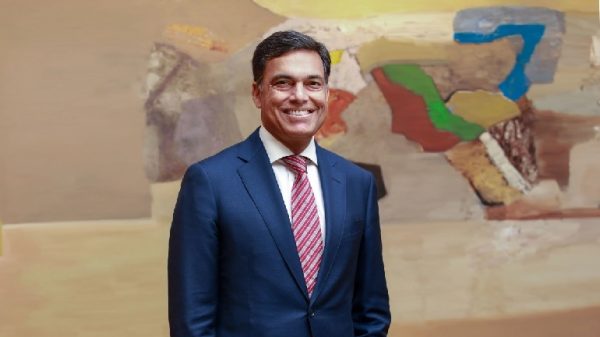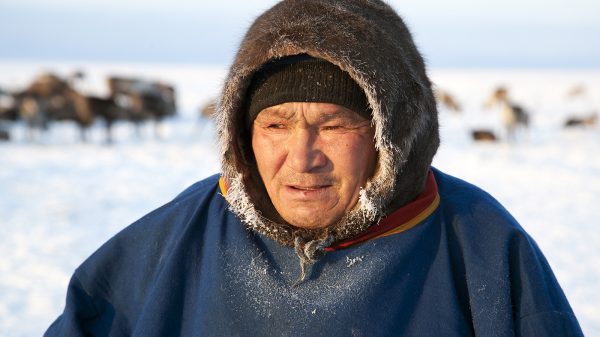On Thursday, the Supreme Court is scheduled to hear Delhi Chief Minister Arvind Kejriwal’s pleas related to his arrest in the alleged excise policy scam. Kejriwal seeks bail and challenges his arrest by the Central Bureau of Investigation (CBI). A bench comprising Justices Surya Kant and Ujjal Bhuyan will preside over the hearing.
The case stems from an ongoing investigation into alleged corruption and irregularities surrounding Delhi’s excise policy. Kejriwal, a prominent leader of the Aam Aadmi Party (AAP), was arrested by the CBI on June 26, 2024, following claims of his involvement in illegal modifications to the policy, which reportedly provided undue advantages to liquor license holders. The excise policy itself was scrapped in 2022 after Delhi’s lieutenant governor ordered a CBI probe into these allegations. According to investigative agencies, both the CBI and the Enforcement Directorate (ED) have gathered evidence of irregularities in the policy’s execution.
Kejriwal has filed two separate petitions, one contesting the denial of bail and another challenging his arrest. These petitions aim to overturn the Delhi High Court’s August 5 decision, which upheld the legality of his arrest, stating that there was sufficient evidence to proceed. The high court also emphasized that Kejriwal’s position of influence could have obstructed the investigation by discouraging witnesses from testifying.
Previously, the Supreme Court refused to grant interim bail to Kejriwal on August 14, although it did ask the CBI to submit a counter affidavit while giving Kejriwal two days to file a response. The Delhi High Court had noted that the CBI acted within legal bounds, and there was no malice in its actions, which were justified by the evidence gathered after his arrest. The court also stated that his arrest enabled witnesses, particularly those in Punjab, to come forward without fear of intimidation.
Kejriwal’s petitions are part of his broader legal battle, as he has already faced arrest by the ED in a related money laundering case. Though granted bail by a trial court in June, the high court stayed the decision, prolonging the ongoing legal dispute.
Follow for more.




















